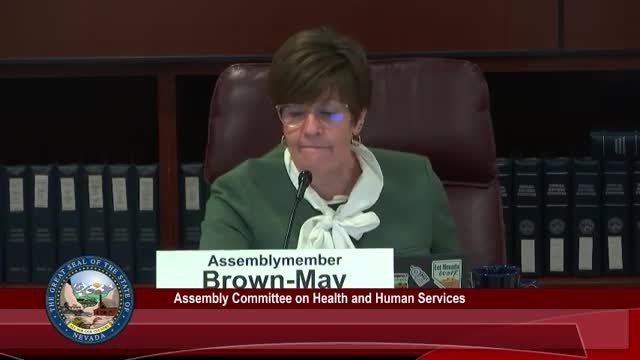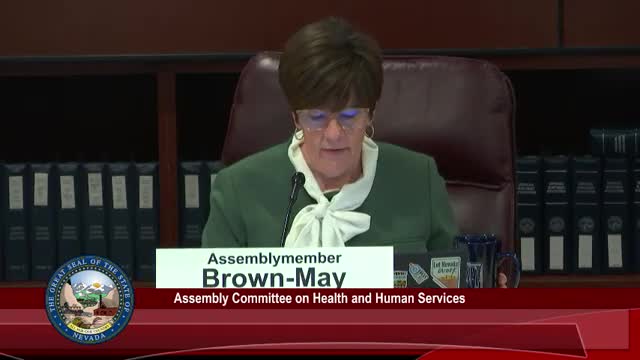Article not found
This article is no longer available. But don't worry—we've gathered other articles that discuss the same topic.

Bill would add attendant care to frail‑elderly Medicaid waiver and create a caregiver-facing agency directory

Nevada bill would create dementia care specialists and a Memory Network to improve diagnosis and navigation

